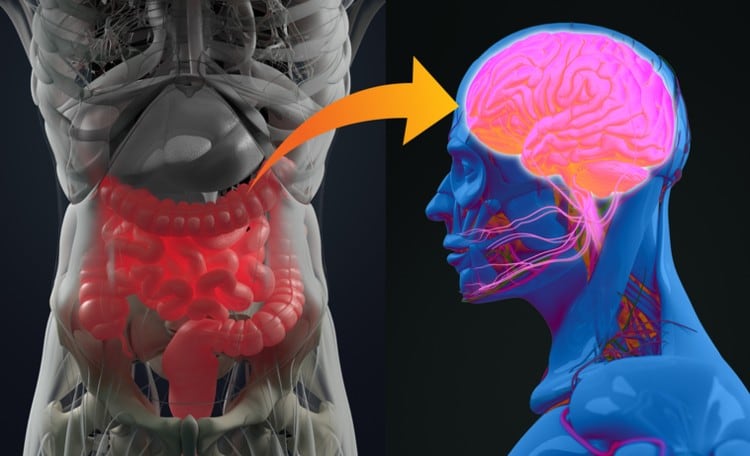This is according to a RCT conducted by researchers from Japan-based Kaneka Corporation between October 2020 and March last year.
Findings were published in Heliyon.
A total of 60 adults who routinely felt stress and suffered from diarrhoea with abdominal pain and/or discomfort, but who were judged not to have inflammatory bowel disease (IBD) and irritable bowel syndrome (IBS) were recruited into the trial.
They were randomised into two groups, where they either took a capsule of the probiotics or placebo everyday for four weeks.
The probiotic blend consists of Pediococcus acidilactici KABP-021 (CECT7483), Lactiplantibacillus plantarum KABP-022 (CECT7484), and L. plantarum KABP-023 (CECT7485) at a concentration of 10bn CFU per strain.
This specific blend has been reported to improve IBS related quality of life.
The probiotics were provided by Spanish firm AB-Biotics – a group company of Kaneka and manufactured locally by Japan’s Sunsho Pharmaceutical.
To measure any changes from the intervention, the participants were required to answer a questionnaire that looks at abdominal symptom-related quality of life.
The researchers also measured the plasma concentrations of pro-inflammatory cytokines to detect any changes stemming from the intervention.
Less stress-induced diarrhoea
Probiotic intervention has been shown to significantly reduce stress-induced abdominal symptoms, in particular diarrhoea.
This was seen from the participants’ questionnaire response evaluated by Izumo scale scores.
For instance, to the question on “Are you bothered by stress-related diarrhoea?”, the score for the intervention group had significantly dropped from three points at baseline to one point after four weeks.
In contrast, the change in the placebo group was from 3.5 points at baseline to two after four weeks.
While there a significant difference between the intervention and placebo group based on the survey findings, the difference between the two groups was not supported by objective evaluations – such as plasma concentrations of pro-inflammatory cytokines and the Bristol Stool Form Scale.
In addition, there were no significant differences in the two groups in terms of stool frequency, stool form, abdominal pain and discomfort.
“Possible reasons for the differences in these evaluations were that the changes in symptoms in these healthy individuals may be expected to be smaller compared with those in patients with IBS,” the researchers explained.
“Further investigations using more participants, different intervention strategies, and different dosing regimens (e.g., frequency of intake per day and/or daily amount of intake) may provide more insights into the most effective, safest, and most sustainable methods for supporting IBS-like people,” they said.
Potential effect on mental health
The questionnaire findings also showed that probiotic intervention had significantly improved mental component scores, role emotional scores, and mental health scores, as compared to the placebo group.
“Following ingestion of the probiotic blend, the treatment alleviated personal problems, such as abdominal symptoms, including diarrhoea, and mental health issues and reduced anxiety regarding embarrassment related to their condition, thereby improving social activity and productivity,” the researchers said.
Gut microbiota change
There was a significant correlation between the improvement in diarrhoea scores and the number of the good bacteria Faecalibacterium in the gut of the intervention group.
Faecalibacterium is a bacterium that produces the short-chain fatty acid butyric acid, and the researchers hypothesised that this could have led to better mental health scores in the intervention group.
“We propose that the probiotic intervention directly reduced intestinal permeability and/or supported beneficial bacteria, such as Fecalibacterium, in the host microbiota, ultimately leading to stabilization of mental activity, possibly via the vagal autonomic nerve.
“This hypothesis is partially supported by previous studies suggesting a correlation between improvement of the gut microbiome and the mental activity of patients with IBS as well as healthy individuals.
“However, future studies should aim to confirm whether this probiotic activity has direct effects on the intestinal mucosa and/or on the gut microbiome,” they said.
Source: Heliyon
A probiotic blend improves defecation, mental health, and productivity in healthy Japanese volunteers under stressful situations
https://doi.org/10.1016/j.heliyon.2022.e10614
Authors: Sato et al.





